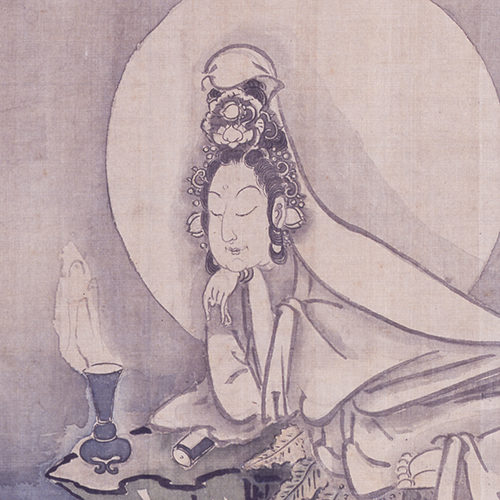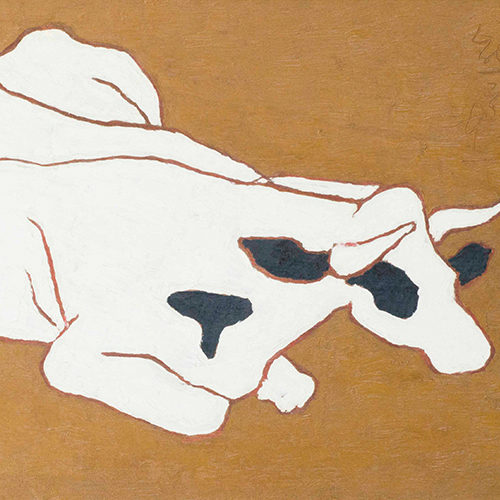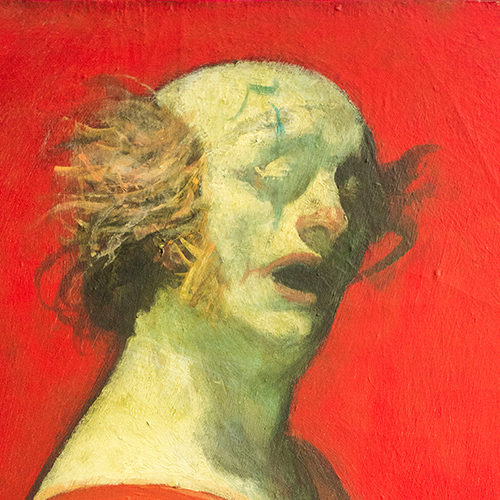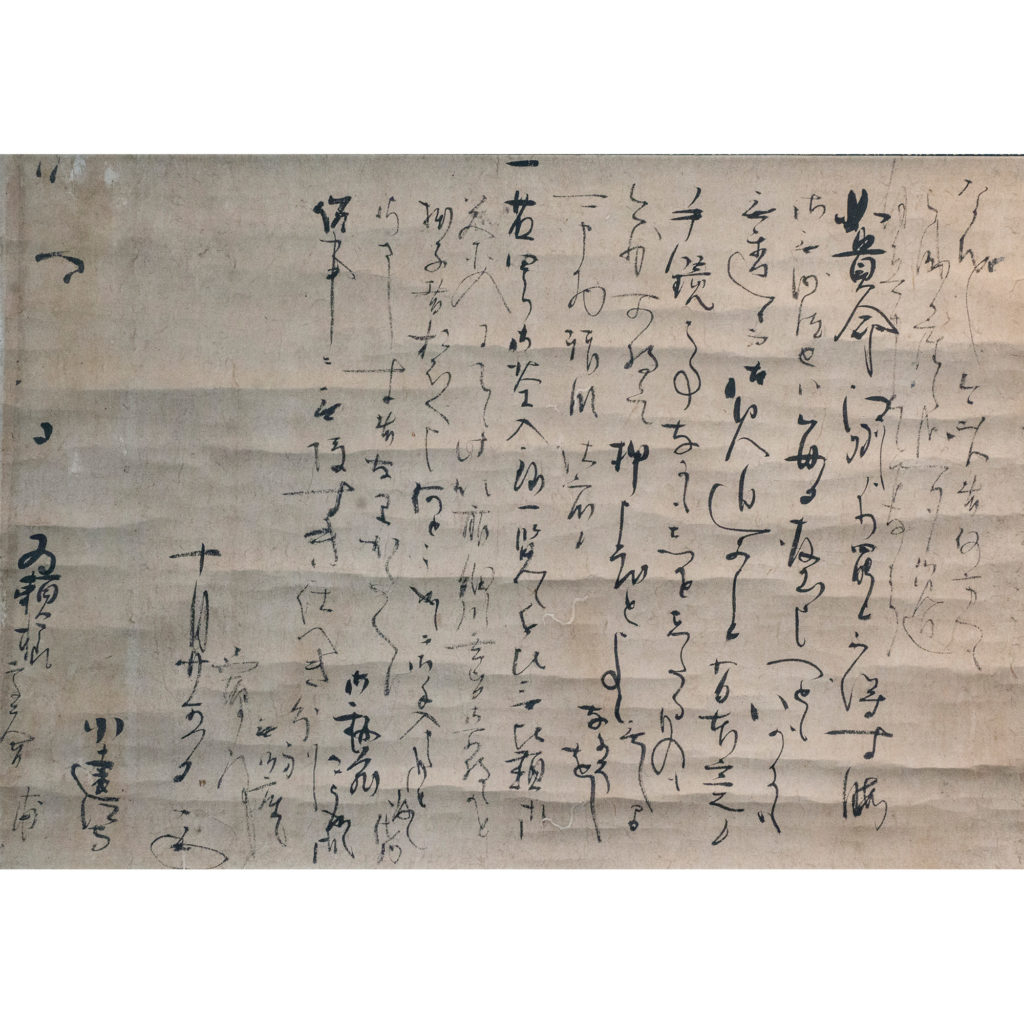Kobori Enshu (1579-1647) was a tea master in the early Edo period and the founder of the Enshu school. He was also a magistrate of the Edo shogunate and was involved in architecture, civil engineering, and landscaping. His name was Masakazu, and he was also known as Sakusuke. He was born in Kobori Village (present-day Nagahama City) in Omi Province. After the death of his father, Masatsugu, he succeeded to the family and took over 10,000 koku of Omi Komuro, and was appointed as governor of Toei.
He served as a magistrate for many works and demonstrated his talent for architecture and landscaping, working on Nijo Castle, Sento Palace, and other structures. He learned the tea ceremony from Oribe Furuta early on, and in 1636 he presented tea to the third shogun, Iemitsu Tokugawa, making his tea ceremony famous throughout Japan.
In the field of tea ceremony utensils, he established the Chuko-Meimono, a rank of masterpiece, and contributed to the promotion of Kuniyaki, known as Enshu’s seven kilns.
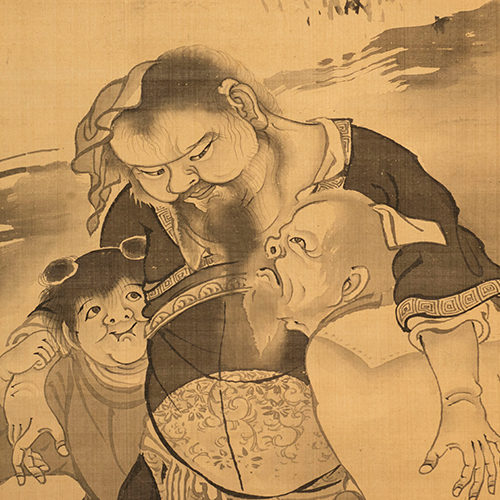
![Kyoto [Gallery-So] for purchase, sale, and appraisal of art works](http://gallery-so.net/wp-content/uploads/2020/05/so-logo.png)
